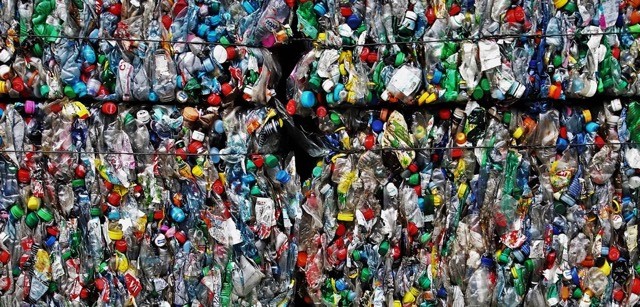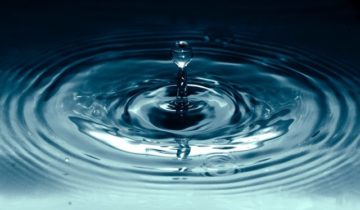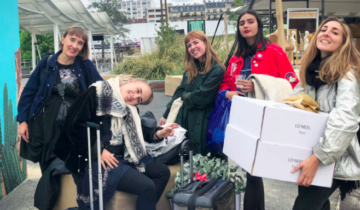# 10 Eco-tips, over-consumption
Through this series of articles, we will offer you a weekly insight into the ecological impact of clothing production around the world. With LO NEEL, we are committed to the planet, our Mother Earth, which welcomes and shelters us. We refuse to take part, from near or far, in its pollution, degradation and destruction.
It seemed important to us to denounce abusive practices but also to propose sustainable solutions on a daily basis. We hope that this information will help you to better understand the underbelly of mass production in the fashion industry.
The LO NEEL team also accompanies you in an individual ecological awareness, by proposing to each article of this series of eco-tips to be carried out daily. By following them, this will allow you to have a healthier and more ethical behaviour and consumption.
Here is the eco-tips # 10!
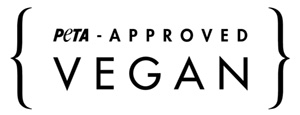
15% of our clothes are donated or recycled.
Solution: consume less but better and choose clothes made of natural or recycled fibres.
3 years is the average lifespan of our clothes today.
Solution: adopt the slowfashion lifestyle by consuming less but better, clothing whose quality is guaranteed.


In creating LO NEEL, we made a commitment to the planet. We have placed the brand in the slowfashion movement. Adopting this mode of production and consumption is the only sustainable way out of the fashion industry. We cannot continue to overproduce and overconsumer. We cannot tolerate that the planet is constantly being destroyed through our fault. We are responsible, all of us at our level. It is our duty to act and to propose alternatives. This is what we have done through the manufacture of LO NEEL parts.
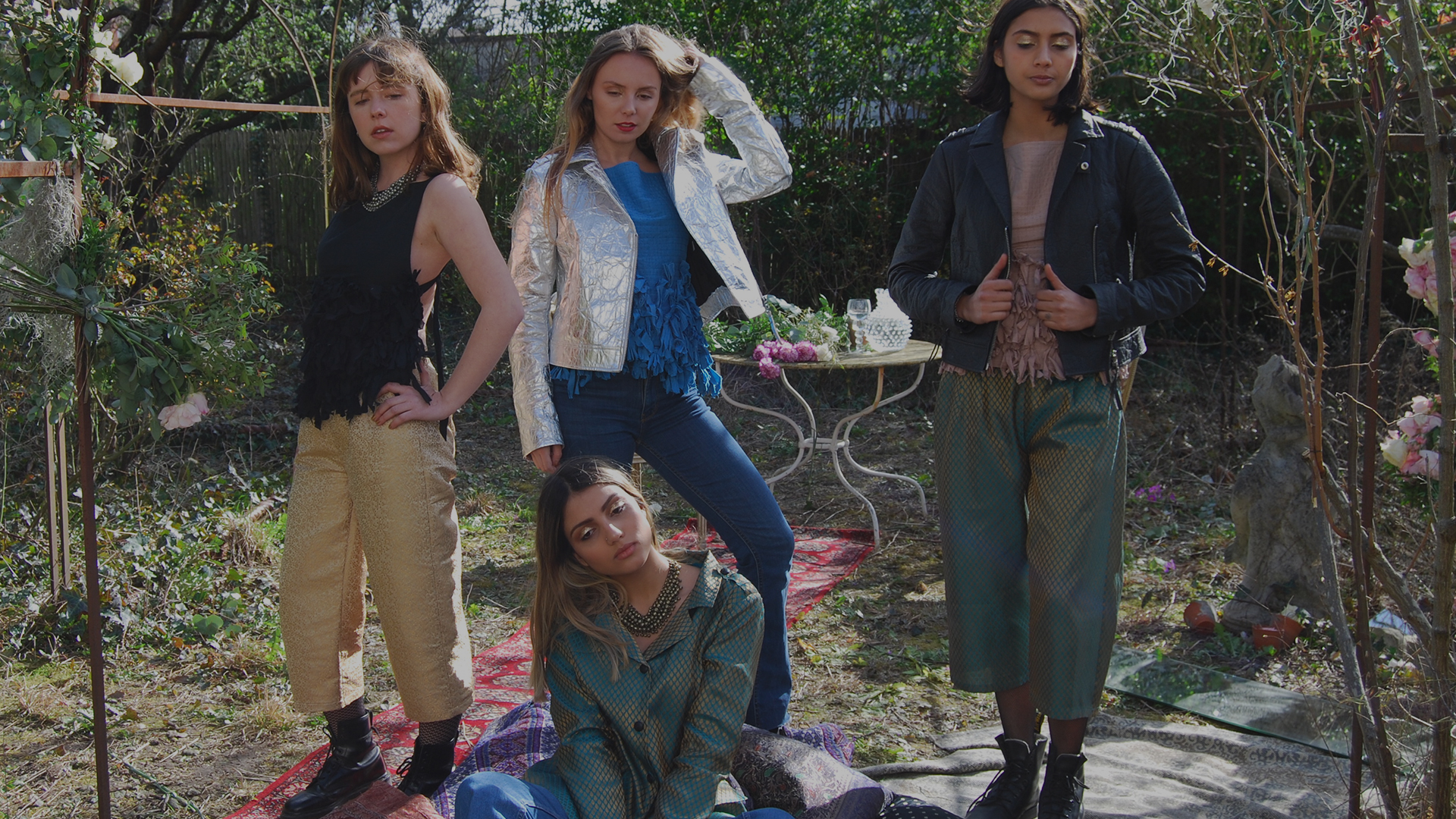
We advise you to buy durable, quality-certified clothing. To make the right purchase choice, pay attention to the labels that the brands you like have obtained or not. Labels allow you to certify the transparency of the brands’ production. There are labels to certify animal protection (PETA). There are also labels to certify the protection of forests and the absence of chemicals (FSC, GOTS, OEKO-TEX). It is the presence of these labels that allows complete transparency. Thanks to them you will know who made your clothes, how and under what conditions they were made.
We also advise you to move away from the practices of fastfashion, which encourages over-consumption by producing hundreds of collections per year. You don’t need so many garments. Sort through your wardrobe, ask yourself which pieces are really essential to you. Make the effort to look at the labels and components of the pieces you are about to buy. Refocus and ask yourself what is most important in today’s society. With every purchase you make, ask yourself what impact it will have, or may have had, on our planet. Get into the habit of reselling or giving away the clothes you no longer wear in order to give them a second life. Get into the habit of buying clothes from ethical, eco-responsible and 100% transparent brands. Also get into the habit of buying second-hand clothes! Keep in mind that buying, consuming, is acting good or bad for the planet.
Finally, in your daily life, think about constantly sorting your waste and reducing its production. Install a compost bin in your home to reduce organic waste. There are several types of composts, vermicomposts, natural composts in a garden or large departmental compost bins. Don’t forget that the things we buy don’t have only one life.


